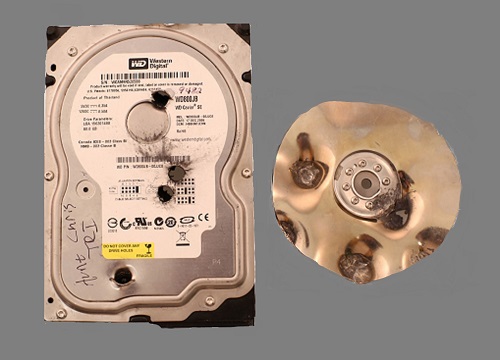Ken Ibold
Final Approach
- Joined
- Feb 21, 2005
- Messages
- 5,888
- Location
- Jacksonville, Florida
- Display Name
Display name:
Ken Ibold
I have a staffer who essentially completed his masters thesis, but then suffered a failure of the external hard drive on which all of his material is stored. He is getting an error message that the USB that attaches to the hard drive is not recognized. Any hints on data recovery?
The drive is a 2TB WD model WD20NMVW, if that helps.
The drive is a 2TB WD model WD20NMVW, if that helps.



